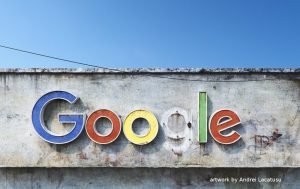Wikipedia vs Pakistan: who won, blasphemy laws or free speech?
We recently wrote about Pakistan's 48 hour ultimatum to Wikipedia–either remove certain ‘sacrilegious’, i.e. blasphemous content, or be blocked in Pakistan.
In fact, after the 48 hours were up, Wikipedia was blocked throughout the country. The ban was short-lived. Access was restored after a three day suspension.
Who won, blasphemy laws or free speech?






